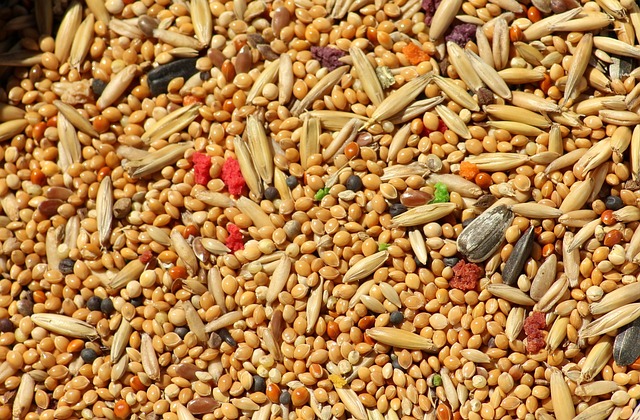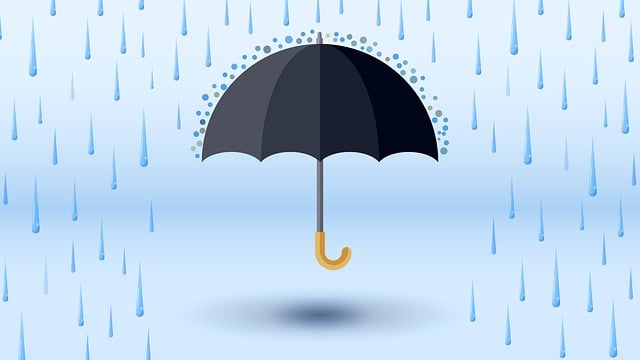Obesity and weight gain are the biggest issues in western nations and certain wealthy populations in developing nations. Obesity may arise from a variety of factors, including leading a sedentary lifestyle, consuming more processed food, experiencing mental stress, irregular sleep habits, and many more. Maintaining an ideal BMI is important for long-term good health. It preserves wellbeing and reduces the chance of developing chronic illnesses.
The human being’s fat makeup comprised of both store as well as essential fats. Essential fats are minute quantities of fat that the body stores in areas like muscles, lungs, and nerve tissue; storage fat is energy that is reserved and preserved in the disposal tissue beneath the skin. When you constantly consume more calories than you need, the chances of obesity increase.
Problems Associated with Obesity
Several chronic illnesses and some physical impairments are additionally caused by obesity. Being overweight can lead to health issues such as PCOD, infertility, gall bladder illnesses, cancer, cardiovascular disease, type 2 diabetes, and hypertension. Prolonged obesity can result in varicose veins, an abdominal hernia, and arthritis.
Obesity Diet Management
Weight loss and maintaining a healthy weight are two crucial aspects of managing obesity-related weight. maintain a healthy weight always. Therefore, it is best to lose weight gradually in order to prevent gaining it again. It is important to stop losing protein and nutrients when losing weight.
A low-fat diet, along with complex carbohydrates that are high in fiber and protein, is recommended for weight loss.
- Carbohydrates should provide between 55 and 60 percent of energy. carbs with a high fiber content. Fiber-rich foods take more time to digest as compared to other foods. Additionally, this makes a person fuller, making them a desirable choice for weight control. Consuming foods such as fiber fruits, whole grains, husked pulses, beans, and legumes will help you lose weight.
- You should get 20%–22% of your energy from proteins. Consuming a significant amount of protein tends to increase metabolism because of the strong thermic impact. You burn more calories as a result. It also makes you feel fuller after eating less.
- Consuming a lot of protein can help you reduce muscle loss during weight reduction and increase your strength and muscle mass. One can eat sources with higher biological value, such as skim milk, lean meat, eggs white, and sprouts.
- Consuming fat in moderation may help in weight loss. It shouldn’t go over 20% of the entire amount needed for energy. The diet should contain more unsaturated fats, such as MUFA and PUFA. One may use sesame oil and sunflower oil in food preparation.
- Vitamins and minerals are crucial for maintaining a healthy nutritional state. Therefore, when following a low-calorie diet, one should not sacrifice vitamins and minerals. These contain vital micronutrients and other minerals that should be included in a daily diet.
Some dietary recommendations to follow:
Mealtimes should be observed regularly. Complex carbohydrates such as whole grains, fruits, vegetables, cereals, legumes, and sprouts should make up a large portion of the diet.
Simple carbohydrates and high-sugar goods such as cakes, cookies, pastries, sodas, and jams have to be avoided. Foods high in fat, such as pakora, poories, and samosas, should only be consumed sparingly. Foods from bakeries and processed foods should be excluded from a diet.
Deep-fired food and processed food should be restricted. A smaller, more frequent meal should be consumed rather than one big meal. The portion size of the meal should be small.
Exercise for at least 45 minutes every day. It allows you lose weight and accelerates up your metabolism. Walking, swimming, cycling, and brick walking are a few effective forms of exercise.

Use heathy methods of cooking like boiling, stir-frying, broiling, roasting, and steaming. in addition to improving your understanding of food.
In brief
One day of excessive food consumption does not result in overweight or obesity. Putting on weight is a gradual process. Therefore, losing weight requires time.
In order to shed weight, one needs to burn more calories than they actually ingest. Maintaining a well-balanced diet designed for your individual needs is the most effective strategy to reduce weight. A person should maintain their ideal body weight after they’ve reached it. It lasts longer when you follow a healthy diet and workout routine.








